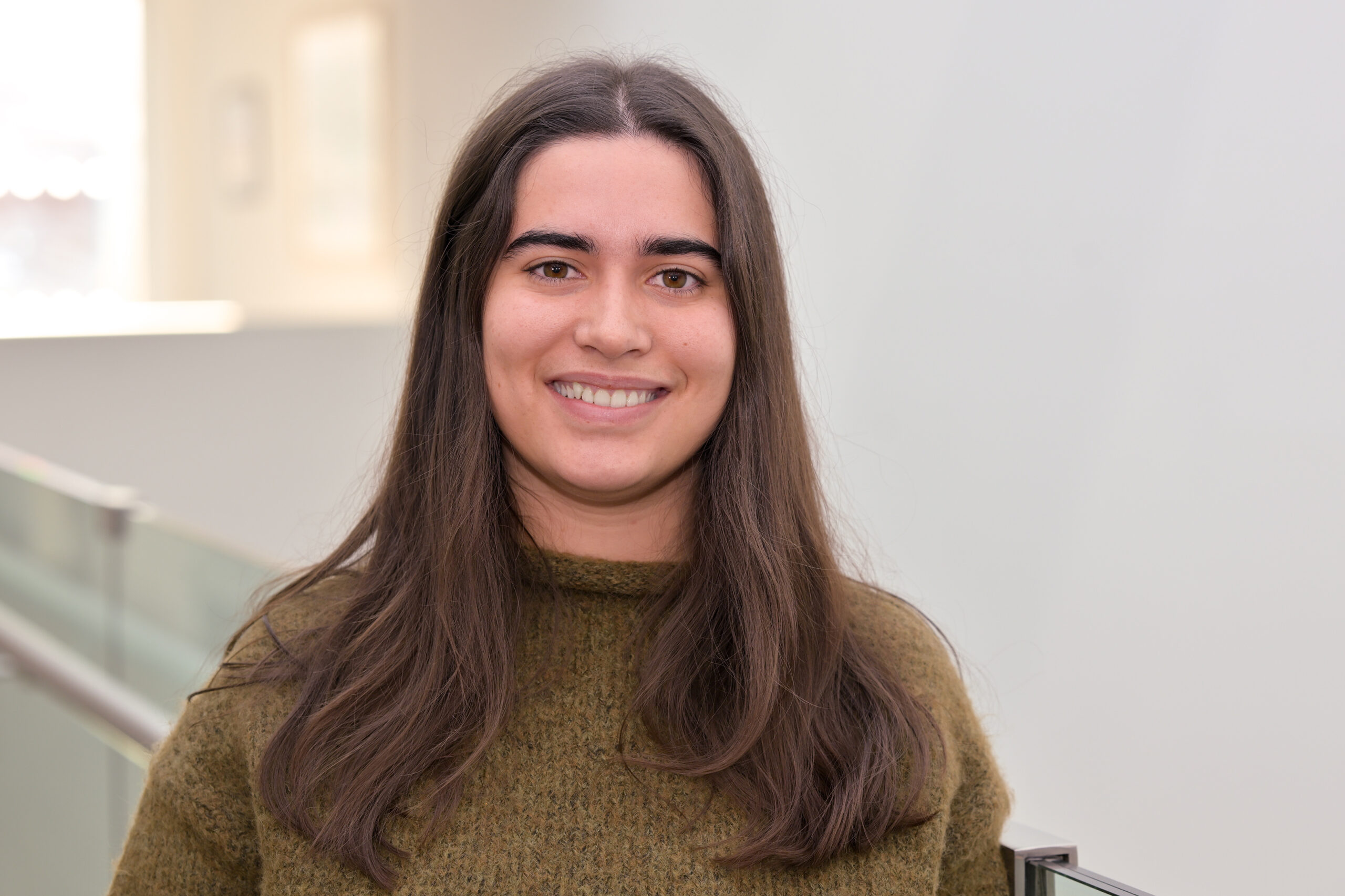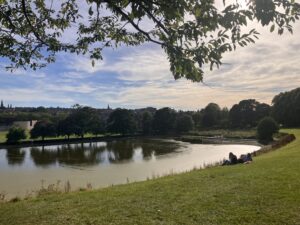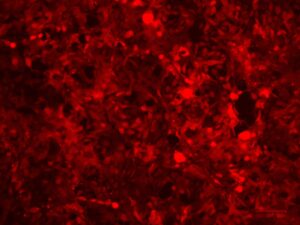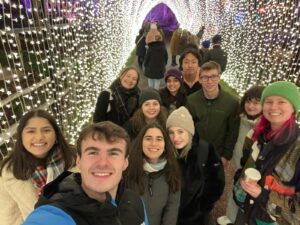Day in the life of starting a PhD at the IGC

I find lab work incredibly rewarding and I feel very privileged to be able to continue my education in such a welcoming and stimulating environment.
It is quite common for people in the science field to struggle to think of themselves as ‘scientists’, even if they spend the entire day in the lab and have dedicated most of their lives to academic research. While the label does not feel fully real to me yet, I have now finished my first rotational project as part of my PhD at the Institute of Genetics and Cancer, and I am absolutely loving the experience so far.
 The biggest advantage and disadvantage of working in academia is the flexibility: you do not have a set start or finish time so you can work around your preferred working hours, but that also means it is very easy to get carried away and leave the lab quite late if you are not too careful! Nonetheless, I mostly aim to be in the lab by 9:15am. While a lot of my peers take the bus or cycle, I try to walk as much as possible, and I am quite fortunate to live in Edinburgh where no matter where you walk the scenery is quite beautiful, especially around Inverleith Park.
The biggest advantage and disadvantage of working in academia is the flexibility: you do not have a set start or finish time so you can work around your preferred working hours, but that also means it is very easy to get carried away and leave the lab quite late if you are not too careful! Nonetheless, I mostly aim to be in the lab by 9:15am. While a lot of my peers take the bus or cycle, I try to walk as much as possible, and I am quite fortunate to live in Edinburgh where no matter where you walk the scenery is quite beautiful, especially around Inverleith Park.
My first priority as soon as I have left my belongings in the office and have looked at my email inbox, is to check my cells under the microscope: it is always important to check that all the cells are healthy and growing as expected, as that will determine my plans for the rest of the day. As a biologist, unfortunately you have to plan around your samples, it cannot be the other way around!
Most of my mornings start with a group meeting
Most mornings I have some type of meeting I have to attend: these could be teaching workshops that are organised for all first-year PhD students where they showcase important services that are available to us in the institute, such as high-end DNA sequencing and microscopy technologies, and also help us develop key skills to be full-rounded scientists. Moreover, they could also be lab meetings, where different people in the lab take turns to present their most recent data and get feedback from other members in the lab. While it can be quite daunting when it is your turn to present, it is incredibly useful to get a different perspective on your project, especially if you are struggling to get useful results for a particular experiment.
During rest of the morning I mostly do only simple lab work that does not require a lot of mental capacity and can be done in less than an hour. A key example of this is splitting cells, which you must do when your cells have overgrown their dish. As the name implies, you essentially take some of the cells and transfer them to a new plate which has plenty of space for them to grow and then add a specialised medium which contains all the necessary nutrients and minerals for the cells to thrive. I often like to listen to film soundtracks while I do this as it is quite relaxing, but I also must be careful to not touch anything that could contaminate my samples!
For lunch, I often try to coordinate with the rest of my peers to ensure we eat together, and it is always a well-deserved break where we just tell each other about our days and about any plans we have coming up: we also try to organise outings every couple of weeks to make sure we spend quality time together outside of the lab, which does offer a nice break from the routine.
The biggest advantage and disadvantage of working in academia is the flexibility.
What kind of experiments do I usually do? 
For the rest of the afternoon I focus on more time-consuming experiments. This generally includes altering the genetics of my cell samples in a wide range of different ways. For my rotation project, I injected cells with specific DNA sequences that resulted in an observable change in appearance: for instance, they could start expressing a green or red fluorescent protein that can be picked up under the microscope, and which results in very cool images that look almost like paintings!
For some projects I also had to inject cells with a human-made virus that can be used to make the cells produce certain DNA molecules and proteins that we can then collect and use in future experiments. While it is not a real virus and can therefore not cause infection, we still have to be very careful with it and make sure everything is sterilised properly before and after the experiment!
Wrapping up the day
Then, to wind down towards the end of the day, I will write up in my electronic lab book what I have done during the day (what has worked and not worked) so I can refer to it in the future if necessary, and I will also work on any report or presentation I have coming up by browsing relevant scientific articles. Finally, I try to leave the lab by around 5:30-6pm, and as a firm believer of a robust work-life balance, I do a lot of extracurricular activities after work, including playing in the university concert band and going to the film society, as well as meeting with friends, which always helps me switch off from work and wake up feeling refreshed and ready to tackle a new day in the lab!
While some days are harder than others and it is a career that demands a lot of sacrifice, I find lab work incredibly rewarding and I feel very privileged to be able to continue my education in such a welcoming and stimulating environment, as well as be trusted with my own personal project during the next 4 years!




